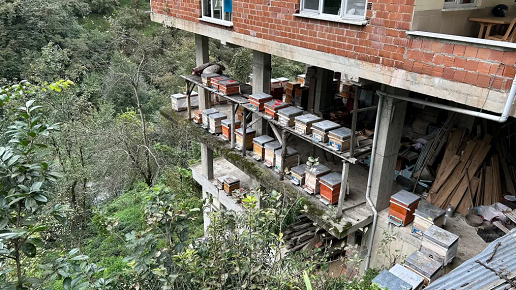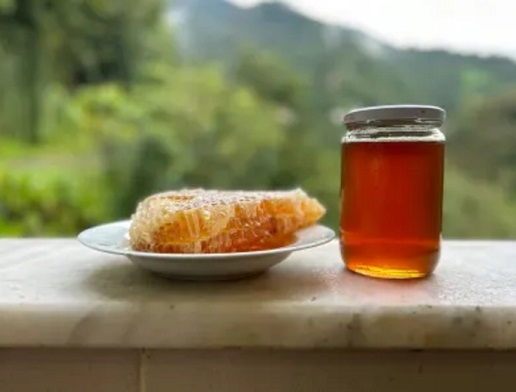High in Turkey’s Kaçkar Mountains, Hasan Kutluata harvests deli bal, or “mad honey,” a centuries-old folk remedy known for its unique effects and risks. This dark amber honey, derived from the nectar of purple rhododendron flowers, contains grayanotoxin, a natural toxin that can induce a mild euphoric state in small doses or serious symptoms like nausea and dizziness in larger quantities.
Kutluata emphasizes the importance of moderation: a teaspoon is beneficial, but overindulgence can be harmful. Historically, even Greek soldiers in the 4th century BCE fell victim to mad honey’s potency, leaving them incapacitated during a campaign.
The Kaçkar region’s pristine environment, free from urbanization, plays a crucial role in the honey’s exceptional quality. Kutluata’s family, beekeepers for three generations, values the region’s untouched nature for its role in producing high-quality honey, including chestnut and white rhododendron varieties. Beehives are a common site at homes throughout the region. Maureen O'Hare/CNN
Beehives are a common site at homes throughout the region. Maureen O'Hare/CNN
While mad honey is legal and sought after in Turkey, it comes with warnings. The FDA advises against its consumption due to potential toxicity. Despite this, deli bal remains a symbol of Turkey’s natural heritage and a cherished tradition for those who respect its power.







